IPEM Paris 2023 – The Daily Spin – September, 20th
IPEM Paris 2023 – The Daily Spin, September 20th
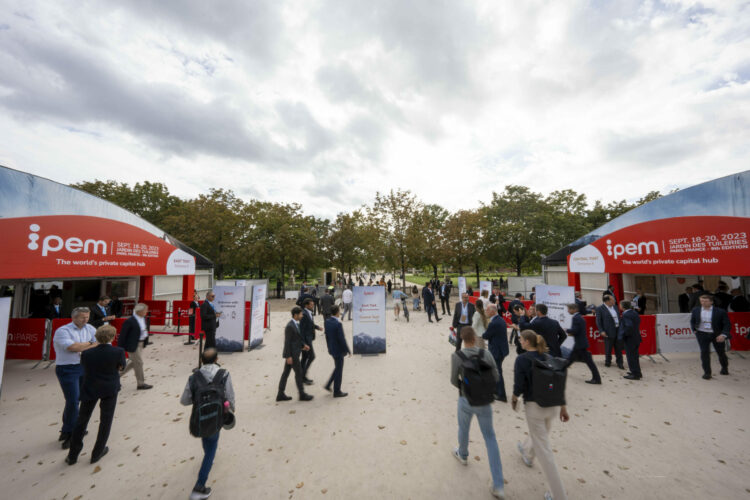
Find below the full Photo Gallery of DAY 1
Find below all the TV Studio Interviews of DAY 1
The afternoon session at IPEM Paris 2023 featured one of Europe’s leading female executives, Dominique Senequier, President and Founder of Ardian, in conversation with Matthew Gwyther of Jericho Chamber LLC. The topic of discussion was “Adapting For A New Macroeconomic Reality” and Senequier was quick to stress that this is likely just the beginning of inflation. Just as the economic reality changes over time, so must PE firms.
In that respect, Ardian is the poster child of European private equity, having grown to manage EUR156 billion in assets since its inception in 1996. Diversification has been a hallmark of its success, branching out from a French buyout fund to become a global private markets investor in private credit, infrastructure, secondaries and as Senequier remarked: “Always our mantra is, ‘If we want things to stay as they are, things will have to change’.”
“That’s why we have spent the last year reflecting on how best to arrange the new governance and management to support the next growth (of Ardian).”
A team of five of Ardian’s most experienced executives and long-serving managers comprise a new general management board to build Ardian at an even larger scale and help it to “remain agile in this complex environment”.
During the discussion, Senequier remarked that while consolidation in an industry that boasts 11,000 GPs will happen “like in any other kind of industry”, she thinks it will be more like 50 percent or less: unlike the recent suggestion made in an FT article by Partners Group CEO David Layton that private equity consolidation could see that number fall to under 100 over the next decade.
She said that pressure on inflation will remain and this will keep interest rates high for some time.
“Some asset classes behave better in certain periods. Currently, it is clear infrastructure is good against inflation. But private debt in US or in Europe can return ten, twelve percent, which is very high compared to two years ago. Many LPs are keen to have exposure to private debt,” Senequier said.
Looking ahead she said the culture at Ardian has always been to hire young people “and I would encourage them to jump into the private equity industry”.
Innovate or die
Consolidation is inextricably linked to performance – the best get bigger and eventually they go after the competition: just look at Facebook, Google and Microsoft. Private equity is no different and so it was entirely appropriate to discuss this on a panel entitled “Survival Of The Fittest? What It Takes For GPs To Stay On Top”.
David Mention, Managing Partner, Synova, said that in the current market, differentiation is important. “We differentiate ourselves based on sourcing and also on our domain expertise. You’ve got to be able to keep generating your own opportunities and not just be reliant on what the market brings you,” he said.
Private equity is an industry where the survival of the fittest relies on GPs also being able to innovate given how dynamic markets are: capital markets change, the macroeconomic environment changes, the fundraising market changes. “As a firm we are a believer of ‘Innovate or die’,” commented Matthew Frankel, Managing Partner, Levine Leichtman Capital Partners. In his view, if firms cannot adapt and innovate, then the point about market consolidation becomes very real.
“We’ve purposefully focused our deals on only three to four times third-party leverage. It really hones our skills as business builders where our goal is to triple or quadruple the EBITDA of a business versus utilizing financial engineering,” said Frankel.
When it comes to co-investing, GPs have to be careful that they are taking the right type of LPs onto their roster because if you don’t do what you say in three or four years’ time, you’ll be left with unhappy LPs who won’t re-up with you in your next fundraise.
Benjamin Dupuy, partner at BC Partners, said the industry was entering a new era where GPs need to start fundraising when their DPI is above one: “You need the DPI metric before you can fundraise. We realize that from an LP perspective, it’s good to have greater values (and perhaps hold on to companies for longer), but it’s actually good to also see the value coming your way.”
To continue the DPI point, standing out from the crowd in this environment also helps when GPs are sitting on trophy assets and are able to successfully execute exits. Frankel referred to one such asset it sold nine months ago where they got paid twenty-six times EBITDA, and it was not a tech company.
“GPs are starved for deal flow. So when you get that trophy asset and it hits the marketplace, it attracts a lot of attention. We’ve had five exits in the past twelve months,” he said.
Volatility favours tech specialists
Irina Hemmers, Partner, Thoma Bravo, one of the industry’s best-known technology investors, provided interesting perspectives on the panel entitled “What’s next for Tech?”
She explained that the firm recently chose to open a new office in London to serve as its European hub. A sign of just how important it views the opportunity set in Europe, which, in her view, has an “opportunity-rich ecosystem”.
At the same time, there are far fewer investors that specialize in technology – and software specifically – serving the European market compared to the US.”
Software businesses that are growing but barely profitable, traded at 5x and 6x revenue then went above 20x revenues, surpassing profitable businesses by a mile, and then came crashing down to 3x or 4x revenue.
That’s where the volatility has been and it creates a real opportunity for specialist investors who have deep expertise. Who specialize in that segment and who have operational capabilities to work with these barely profitable businesses to help them accelerate their operational performance and reach more attractive valuations.
“So I think it’s a great buying market at the moment,” she explained.
During the afternoon session, the debate around performance also focused on strategy insights, with debates on whether sector specialists tend to outperform and on “Value vs Growth: Investing For The Next Vintage”.
On this particular panel, managers and investors gave their views on value versus growth equity opportunities. On the value side, Joshua Adams, Partner, Opengate Capital, explained that value was more a function of complexity. “We are heavily focused on corporate carve-outs where others may shy away and struggle. They’ve been down 55, 60% over the past two years but carve-outs are coming back,” he commented.
Value comes from building a standalone entity and then focusing on growth by buying, building, and scaling businesses. “That means being heavily hands-on working with management teams to grow businesses through organic and inorganic means,” said Adams.
From a growth equity perspective, Reza Malekzadeh, General Partner, Partech, noted that where the firm sees opportunities today is identifying those entrepreneurs who are focused on their business and building it, as opposed to just chasing the next fundraise.
“We want to focus on people who have built a business that scales and that is sustainable,” he said, adding that a lot of growth-focused organizations have had to clean up and become more operationally efficient because they had hired far too much ahead of the curve.
“A little bit of that craziness has stopped and people are back focusing on their business. In times of crisis, you see the emergence of strong leaders and companies that are going to be able to win. In a way, it’s easier to assess the market and see which companies have the potential to be true winners,” explained Malekzadeh.
Execution is key
As the sole investor on the panel, Josée Sulzer, Chef Investment Officer of Groupe Industriel Marcel Dassault, a family office, said that they look at the performance and the sustainability of the team when investing.
“We want teams that generate really good performance over the long term without this distinction between value against growth. I will use one word, which is very strong for us: execution. We need good execution.”
The world is changing very fast. We look at the business plan but things never happen as it has been forecast. Look at COVID, the war in Ukraine: it wasn’t in any business plan. So we look for management teams that have enough influence with companies to change the business if needed.
“We feel more comfortable investing in innovative companies and that can be a value or a growth investment. Innovation without execution is just an illusion.”
IPEM Paris 2023 saw huge attendance across its three summit rooms during the afternoon session on Day 1. Part 2 of the Infrastructure Summit continued, as well as summit sessions on Impact and Women & Diversity in PE.
The Impact Summit was full to capacity. This was something that wasn’t overlooked by Johnny el Hachem, CEO, Edmond de Rothschild Private Equity, who said he had never seen a room so well attended, signifying just how important the topic of impact investing has become.
Impact needs scale
During this summit, a Big Picture debate featured el Hachem, alongside Isabelle Combarel of Swen Capital Partners and Anne-Laurence Roucher of Imrova.
On the ‘Why Now?’ question, Combarel said impact investing was necessary for three reasons:
1) New risks, which are impacting business models, need to be addressed alongside financial and market risks;
2) The need to provide new impact solutions to asset managers;
3) Responsibility to make businesses more sustainable to confront the challenge of climate risk, biodiversity changes, etc.
“We need to contribute to the normalization of reporting frameworks for new methodologies as they develop over the coming years. And we also need more GPs being consistent in their approach, thinking about impact in all their investment strategies, not just in one or two,” said Combarel.
On the ‘Where?’ question, Roucher said that impact accounts for 1 or 2% of global investment, still mostly in developed markets, with 45% focusing on emerging markets. Half of impact investments are multi-thematic, and the other half are targeted: 30% climate, and 20% social.
“We need scalability for impact to work, which requires having the right vehicles with the right investment theses. In terms of instruments, they are mostly illiquid. We have developed strategies in sustainable land and sustainable ocean investments, to transform supply chains and make them more sustainable. Environmental technology is another area of investment,” she explained.
El Hachem said that as an industry “we’ve tried to justify why we need to de-risk but really we need to be guided by common sense. We have 55,000 abandoned industrial sites across Europe. We should be using technology to scale businesses and avoid greenwashing – tackling problems to generate returns and ensure our carried interest is linked to impact KPIs; i.e. how much land have we saved, how much waste energy have we been able to use?”
On the panel “Is Impact the endgame for ESG?”, Serge Weinberg, Chairman and Founder of Weinberg Capital Partners, said there was a lot of skepticism when the firm decided to launch an impact fund.
“Things have changed but there are still some doubts on the returns that can be generated from impact investing. Each company in our fund has a set of target KPIs. The total of all KPIs in the fund generates a number and if that isn’t high enough, the carried interest goes to charity.”
“Is this the endgame for ESG? What I will say is that being an impact investor gives us purpose. The most important journey is to combine it with financial returns – if people don’t believe you can make decent returns and be impactful you’ll never achieve meaningful growth,” asserted Helmut Schuehsler, Chairman and CEO of TVM Capital Healthcare.
Power consumption risk
Other panel sessions during the afternoon focused on infrastructure as a net zero catalyst and switching on the digital infrastructure.
On digital infrastructure, Esther Peiner, Managing Director and co-head of Private Infrastructure Europe, Partners Group, explained that many billions were spent by investors and telco providers on fixed assets and spectrum assets and the reality is, particularly in Europe and the regulatory environment, some assets will likely disappoint.
“There is a tension between public intervention, public willingness to pay for services, and private investors’ ability to generate returns. You have to find markets where there is a correlation with inflation like the UK. Keep revisiting and analyzing assets across your digital portfolio. The data center of tomorrow will be exponentially more power-consuming than today, which will place much more emphasis on the availability and sustainability of power. You might end up with part of your portfolio facing obsolescence risks.”
Thank you to all IPEM Paris 2023 Sponsors! 🏆








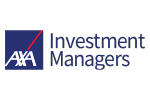



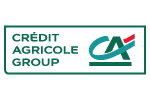
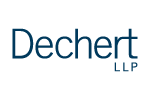

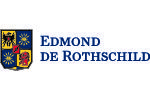
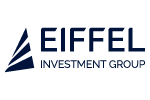



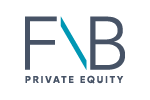
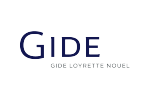




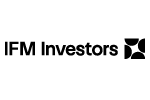


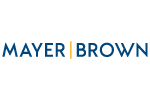

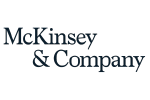

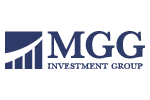
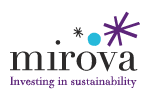
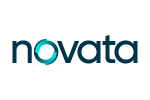




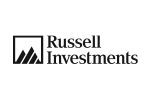



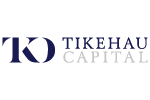
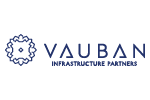

IPEM Content, Research & Knowledge Partners! 🏆

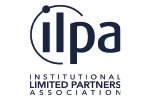
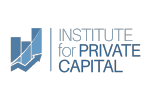


IPEM Industry Supporters! 🏆
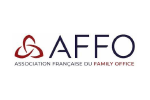
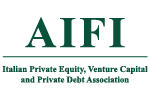



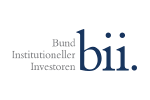
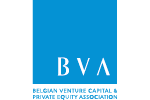

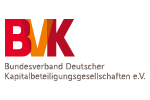


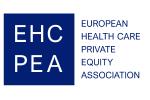


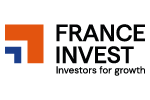



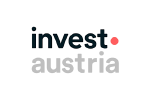

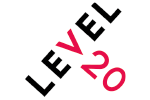


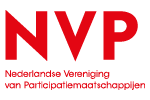
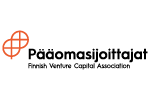




And IPEM Media Supporters! 🏆
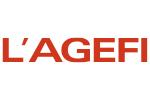










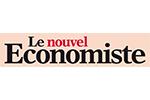

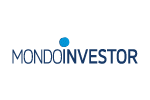











IPEM Paris 2023 – The Daily Spin, September 20th
Fill-in the information below to submit your event.
Fill in the information below to download the Survey.
Fill in the information below to download the Product Catalog.
Fill in the information below to download the Investor Package.
Fill in the information below to register as a journalist.
Fill in the information below to download the Factsheet.
Fill in the information below to download the Product Catalog.
Fill in the information below to download the list of firms.
Fill in the information below to download the LP Package.
Fill in the information below to download the Factsheet.
Fill in the information below to download the Wealth Discovery Package.
Fill in the information below to download the IPEM Playbook – Navigating the Wealth Revolution.
Fill in the information below to download the Factsheet.
Fill in the information below to download the Full Report.
Fill in the information below to download the Product Catalog.
Fill in the information below to download the IPEM LP Package 2025.
Fill in the information below to download the Program.